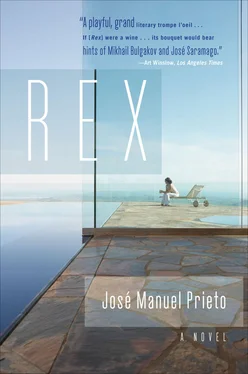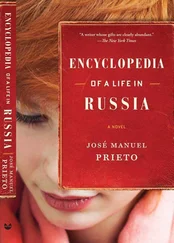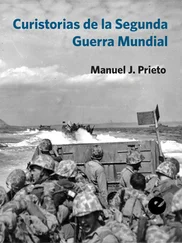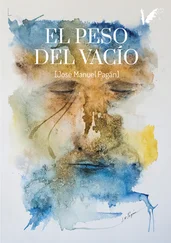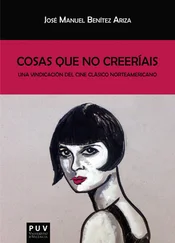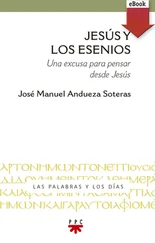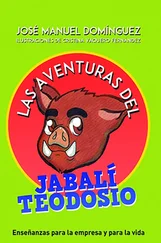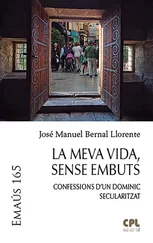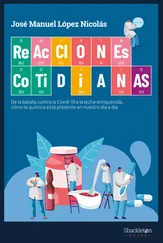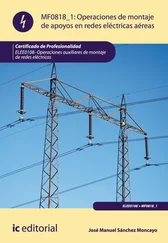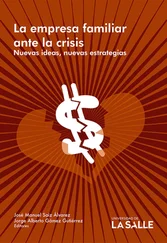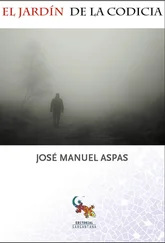And there was I, in excellent spirits between those two suns, like a compatriot of Skywalker on Tatooine gazing upon the two luminous bodies in its sky, one orange, the other blue. Turning to face one and then the other (mentally). A sect of sun worshippers on that distant planet: which of the two would it revere? What would Sir James Frazer have gathered from their ancient lips? Which of the two suns, Petya? The question didn’t trouble me; I didn’t hesitate a second. I was more powerfully attracted by the sun that had shone in space for more years; my adoration was greater, and there could not be nor was there any battle within me between the sect that worshipped the young sun and the worshippers of the older sun.
1
Indistinguishable from an original text at first sight, the words of the annotater, the Commentator. Which, if subjected to isotropic analysis by some prodigiously memorious savant of India and read from right to left, starting with the final word, would reveal no break whatsoever in their paragraphs, a clean crystal with no flaw to shatter the light. Knowing, nevertheless, having understood long ago that these are false and secondary texts, cunningly secreted around the grain or seed of a primary text, which he gradually surrounded with commentaries, building them up layer after layer from the prodigious decoction of his memory (that, yes). Cultivated pearls, muscovite micas, metamorphic crystals that shine, in the end, as if by a natural light and for which he had very beautiful texts at his disposal, other people’s gems that he had no qualms about breaking into pieces in the depths of his study.
A whole public library at his disposal. And not by chance did he take refuge in a library, in the depths of its labyrinthine corridors, a room with a fake sign saying Do Not Enter or Staff Only where he examined those fragments or bits of text in satisfaction. A treasure, the rich copy of precious stones that could reach us and be admired only thus, truncated and inserted into his commentaries. Knowing that he would give them the full brilliance of the book they were torn from, so that entering into his work our eyes wouldn’t see a single break in the light: an equivalent reaction coefficient set in an exquisite mounting, that was his aim. But to come upon one of these fragments of Baudelaire (page 133) or Maeterlinck (page 189) is to turn off a dirt road, a bumpy backwoods lane, and go speeding along the ideal asphalt of a superhighway. However bad this comparison or commentary of mine may be. Here’s a better one: like Han Solo’s ship after someone has taken a hand to it outside an intergalactic bar and suddenly, with a low hum, it shoots off effortlessly into space.
Always flowing better in those passages, but then back again to the feigned taciturnity, the mania for the right word, the con job of the precise adjective. Without ever a real metaphor or image. The Writer says of Flaubert that he never finds a good image in his work (nor have I). Only that dogged struggle with the text, the tireless polishing that finally dries it out, or perhaps it’s not dried out but oiled to the maximum degree, to a high sheen, with a look of premeditation about it. Abstract gestures, paper frenzies, never a pair of hands raised to the breast in an outburst of true emotion, as when the Writer confesses to us that he has wept, that his hero, an alter ego of the Writer, Søren K., has wept.
2
The same astonished reaction from your father to the answer you gave him out by the pool one evening when I was watching the two of you from above, not knowing that you were talking about me. He asked you in amazement: Where? On hearing you muse over the reasons why no man can vanquish terrestrial gravity, why gravity cannot be annulled. “So much theory, such profound knowledge: from where?” he inquired. And you answered: “Do not be amazed by my learning, Papa, for I am receiving my education from a person who is the very incarnation of the intellect.” And he raised his eyes then and tried to catch a glimpse of me from below, intrigued by these words: this young man, this foreigner, the incarnation of the intellect?
My turn to be astonished now, for the man I’d taken at first for a bodyguard (and with that flimsy build, not a very good one) had arrived two months before I did and was also in hiding. As I told you, as I’ve already roundly denounced: it was from him, from Batyk, that the idea of swindling the two from Saint Petersburg had come. And it was Batyk who had brought word that Kirpich and Raketa had been freed.
(Pause.)
But was he a scientist, too: that kind of scientist? Yes, no more and no less than a very gifted researcher, someone who had some knowledge of the subject to bring to bear and who’d provided indispensable help in the production of the first diamonds. Which Vasily had been synthesizing for years without ever achieving gem quality, always frustrated by the slow rate of growth, until one day, with a softer gradient and some refinement of the metallic solvent: larger and better diamonds than anyone else, ever, in the whole world. It wasn’t one of those scientists in the West in their state-of-the-art air-conditioned labs with machines in the hall that dispense chocolate and cookies, no! He alone! In the deepest depths and from the deepest depths!
Confident from Petya’s reply about my physics classes that I would understand (as indeed I did) the arduous explanation of his method for manufacturing diamonds, the procedure he first put into practice one winter morning. How he grew them in a Feielson press, following the advice of Batyk — he, too, an exceptional physicist (I wrinkled my brow again here, Petya, disbelieving). The corrections and improvements made to the design of the growth chamber, the — fabulous! — diminution in size, which made the press virtually portable, when taken apart into sections.
And the afternoon when the petals of the growth chamber opened and through the cut they’d made in the matte surface of the sleeve they saw it sparkling, they peered inside and glimpsed in amazement: a diamond, an intensely pink diamond. And understood that they were the first. Color diamonds, synthetic color diamonds such as no one else in all the universe (or perhaps someone, in some far corner of the universe: some minor god, Petya, busy at this vulgar task) had created. Large and blue, round and red, translucent.
“And you,” he turned, in the same indulgent tone he’d been using when his cell phone interrupted us—“you. Such intelligence, a man who can explain Bohm’s paradox of the fish to me, a scientist, with your fluency in Spanish …”
Should I have interrupted him, Petya, to explain, to clarify that Spanish was my native tongue?
“Of course it’s going to be easy for you, though for me the situation has become untenable, a dead end, no way out.”
Meaning: no way out for the diamonds. All the times he’d gone to those cities and stood before the windows of Böhmer and Van Cleef & Arpels without daring to go in. His silhouette reflected on the glass as in that extraordinarily sweet passage by the Writer when Odette de Crécy (the fragility of her arching brows, her lovely dark eyes) breakfasts at Tiffany’s, feasting on the sparkle of the jewels on display at Fifth and Fifty-seventh, dreaming of all that money, the bracelets and pendants she’d buy if she were rich.
And then immediately, in terror: what kept me there, Petya, what kept me there, between your father’s ineptitude and Batyk’s incredible ill will? Your mother? Her shoulders? The money they’d told me I’d carry off with me some day in the end, before leaving Russia, that amazing, corrupt country, and the Russians, my amazing, corrupt friends?
Читать дальше
